Katie Simon’s book, Tell Me What You Like, is set to be released by Citadel/Kensington on July 29th. It can be ordered here.
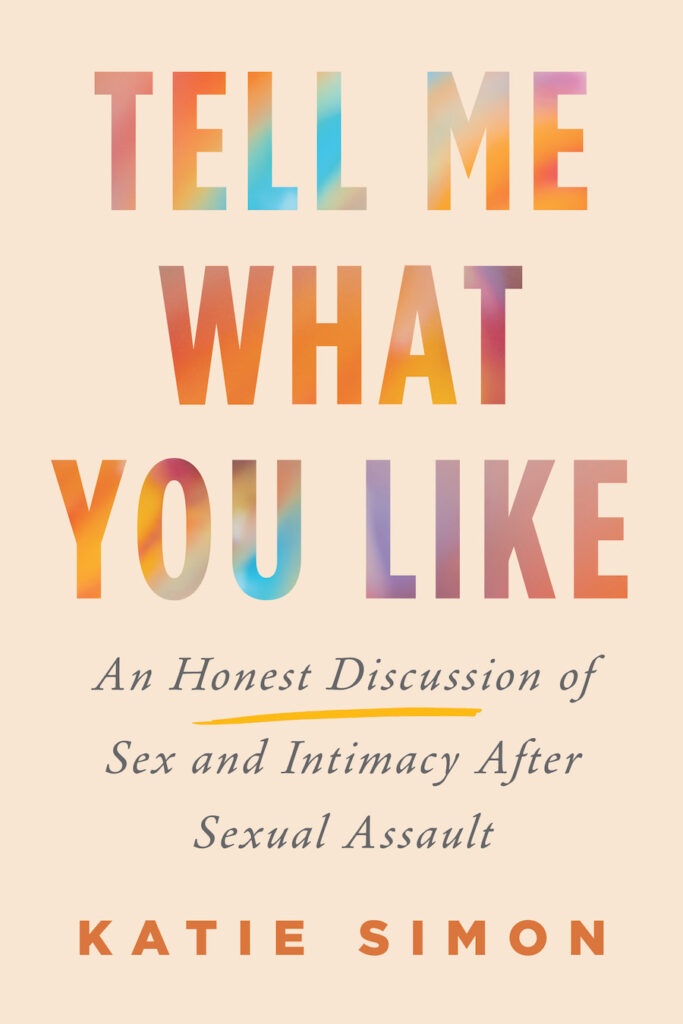
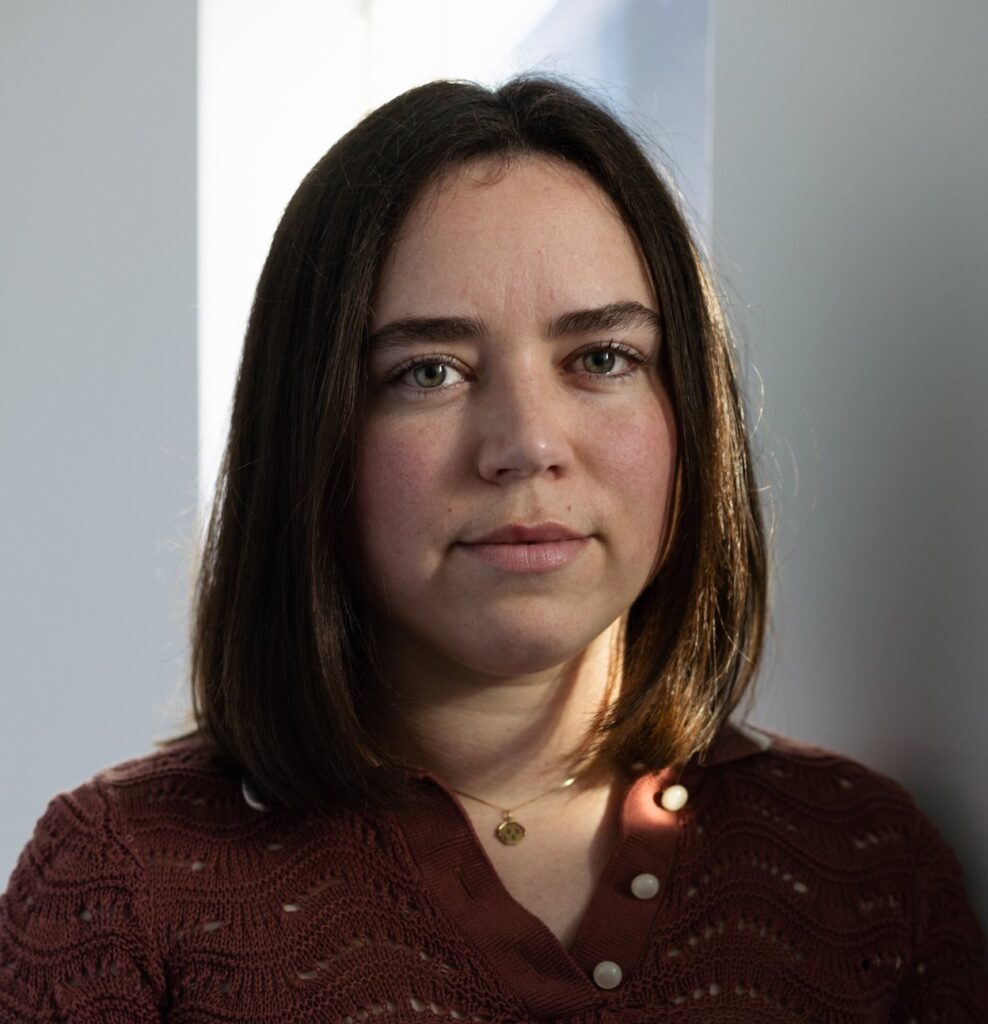
The first time I sought out ethical porn, I was recovering from sexual assault and felt completely disconnected from my body. When I stumbled across a Google result for Erika Lust, a filmmaker, promising the female gaze and ethically made porn with protections for all involved, I was thrilled and relieved. It felt like there weren’t many ways to regain bodily autonomy and explore sexuality after assault, and not long after I found Erika, I started writing my own book to help. For the past eight years I interviewed sexual assault survivors for my forthcoming nonfiction book Tell Me What You Like: An Honest Discussion of Sex and Intimacy After Sexual Assault, which collects the narratives of dozens of survivors seeking better, more connected, more pleasurable sex. I hope that just how I found comfort and inspiration in Erika Lust’s porn, you might find some of the same in our conversation.
After speaking to dozens of sexual assault survivors about sex ed, I’m curious about your experience, both traditionally and outside the classroom. Where did you learn about sex? What stands out to you as something significant you learned? How does your past learning contribute to your present role, which could be defined as “teacher”?
I was born and raised in Sweden, where sex ed is part of the school system and approached more openly than in many other countries. That early framework helped me understand sex as something natural, not shameful, part of being human. But even with that, so much of what shaped my relationship with sexuality came from outside the classroom: friends, pop culture, and porn. It’s important to say that porn is not sex education, but when honest conversations about sex are missing, people turn to it for answers. That’s why we need to take responsibility for what kind of porn is out there and the kind of porn we, as part of the industry, create.
I wouldn’t call or even consider myself a teacher. What I do is tell stories, create spaces, and share perspectives. Through my films and through initiatives like The Porn Conversation, I try to encourage reflection and offer alternatives to the narrow, and often harmful, narratives we’ve inherited about sex. I believe storytelling can be transformative, and in that sense, maybe it teaches us something about ourselves, each other, and about what’s possible.
People often assume that because my book centers assault survivors’ voices, it’s a heavy read. But the central question of my book—and also the title—”Tell me what you like” oriented my conversations toward positive, uplifting, actionable takeaways. So, Erika—tell me what you like.
I like when intimacy feels unrushed, when it’s allowed to unfold in its own time. I like when there’s space for silence, laughter, tenderness, and surprise. I like when pleasure feels grounded and real, when both people are truly present, truly listening. I like that desire doesn’t follow a formula. I like when someone asks what you want and means it, and when we’re brave enough to be honest in that answer. And maybe above all, I like being allowed to not always know what I want, but still feel free to explore pleasure at my own pace.
Many survivors note a lack of options to learn how to navigate sex—including sex after sexual assault and queer relationships. Can porn be used as an educational tool, filling gaps poor sex ed left behind? Can we teach trauma-sensitivity, queer sex skills, and a broader spectrum of consent practices using porn?
I do believe porn can help fill some of those gaps, but only when it’s created with care, intention, and deep respect for the people who watch it—and the people who make it. For those who carry trauma, or who never saw queer or non-traditional desire reflected truthfully, witnessing sex handled with honesty and tenderness can feel profoundly healing.
At ERIKALUST, we spend time with our performers. We build each scene around real conversations about boundaries, desires, and what care looks like before, during, and after filming. There is no rigid script—there is consent, curiosity, and trust. That changes everything.
When people see slowness, emotion, and autonomy woven into erotic stories, it quietly models a new way of connecting. It reminds us that pleasure can look countless ways, that healing does not erase desire, and that queerness belongs at the center, not the margin. Porn, done right, shows that sex and care never need to live apart.
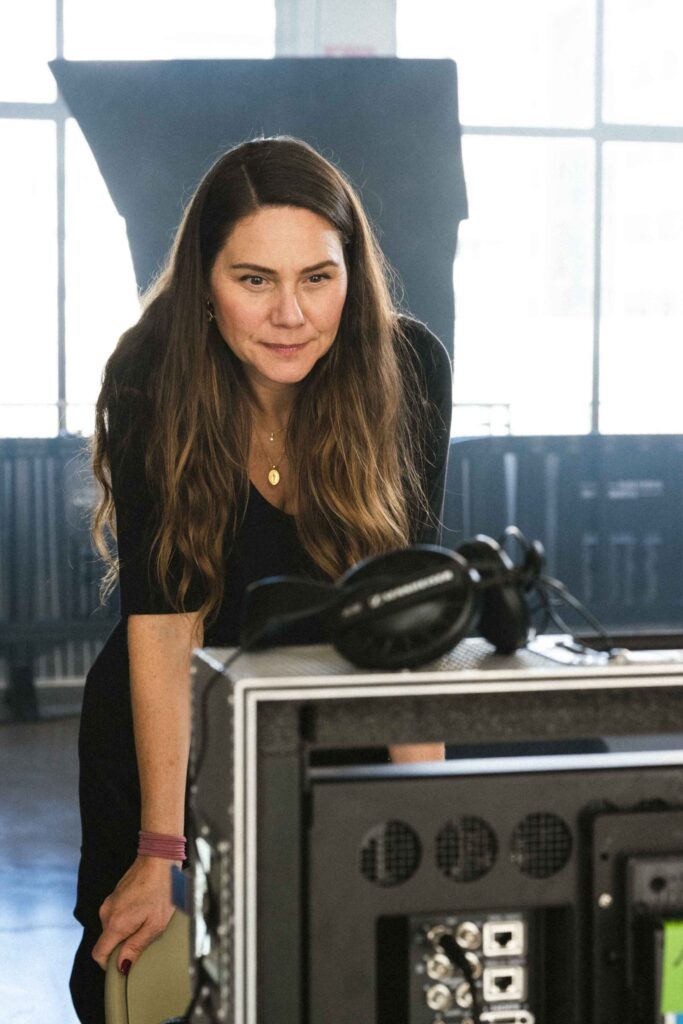
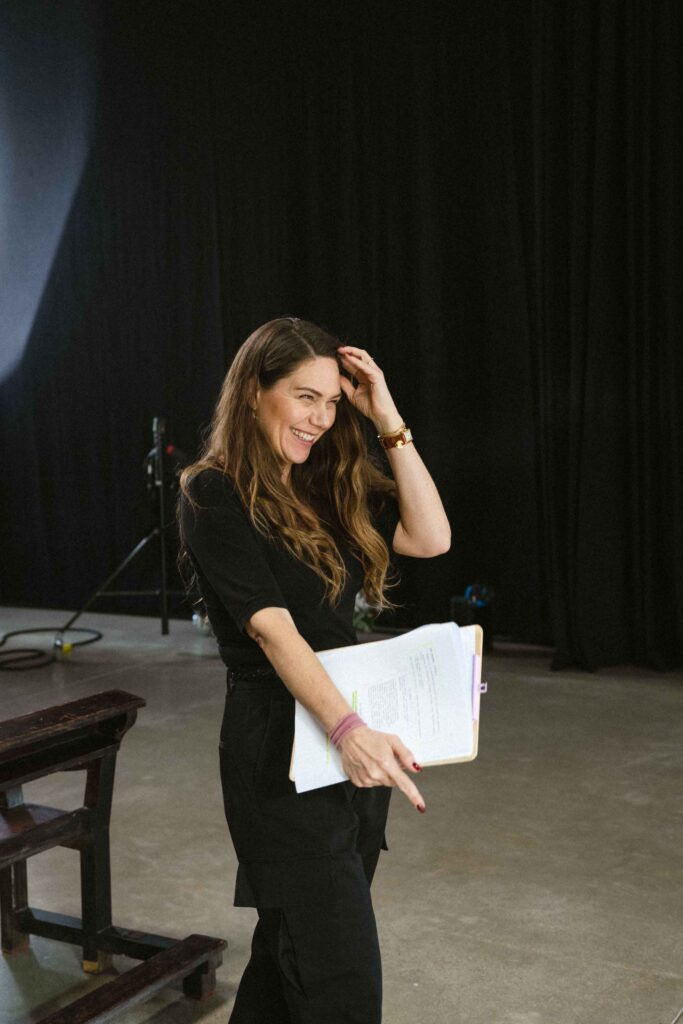
How have you come up against heteronormativity in your life and work? Do you see those norms shifting now or in the future? In particular, how does your work address the desires of folks with queer or minority backgrounds that might not see themselves represented as often on screen?
Heteronormativity is so deeply rooted in how we’re taught to understand sex, love, and even pleasure, that for a long time I didn’t question it because I didn’t see other options. In porn heteronormativity shows up on who is represented and how desire is scripted: who gets to initiate, who gets to receive, whose pleasure matters. These narratives are limiting for everyone, not just for queer people.
I’ve made it a priority to challenge that framework working with queer performers, directors, and writers, and building stories from their perspectives. It also means creating space for sexualities and identities that don’t fit the binary or the mass mold. We aim for our work to reflect a wider spectrum of human experience because we all deserve to see ourselves represented centered.
I do believe things are shifting. There’s more demand for authenticity, more pushback against one-size-fits-all representations, but there’s still a long way to go. My hope is that porn, like all cultural media, can become a space of visibility and empowerment for people who’ve been left out for too long.
A survivor I interviewed preferred erotica to porn and expressed concern over consent on a porn set, given real people are acting. How do you incorporate trauma-sensitivity into your process? Are there protocols in place for working on set with folks with trauma histories?
That concern holds weight, and it guides much of how we work. Real people deserve real care. At ERIKALUST, we treat consent as a living conversation that starts well before the cameras roll and stays present through every moment on set.
Before any scene, we sit with our performers—sometimes for hours—talking through boundaries, desires, limits, and what makes them feel secure. Nothing is guessed or assumed. We rely on clear checklists, safe words, and an open-door policy for stopping, pausing, or changing course, even mid-shoot.
Our crew stays small, calm, and deeply respectful. We work closely with intimacy coordinators who watch for the subtle signs that someone may need support. And because many performers carry personal histories, we take extra time to adapt to each person’s comfort—nobody ever feels rushed or cornered.
It helps, too, that our core team is made up mostly of women. That perspective shapes the atmosphere on set: attentive, warm, non-judgmental. We know that emotional safety stands equal to physical safety. Ethical porn, for me, begins off-camera—in how we listen, how we hold space, and how we honor each person’s agency. Pleasure and expression only flourish when trust lives at the center.
Constant censoring of sexual content (including on social media) prevents people from accessing healthy sources of sex ed and pleasure, and forces people to look for outlets that may or may not be less healthy. What do you think about where sexual content “belongs” and most benefits people?
Censorship grows out of fear—fear of bodies, pleasure, honest questions. When platforms hide or punish sexual content, they push these conversations into the dark, where shame and half-truths thrive. It does the opposite of protecting people; it leaves them alone with poor sources and bad answers.
Sexual content deserves room wherever people search for understanding—whether in a classroom, an artwork, an article, or a trusted corner of the internet. We need spaces that treat sex as human, not dangerous. Because when thoughtful, ethical portrayals vanish, people find whatever replaces them—often content that repeats old harm instead of showing care.
At ERIKALUST, we believe pleasure belongs in the same breath as wellness. It deserves light, respect, and conversation. Visibility matters because it reminds us that sex can be safe, joyful, and ours to shape.
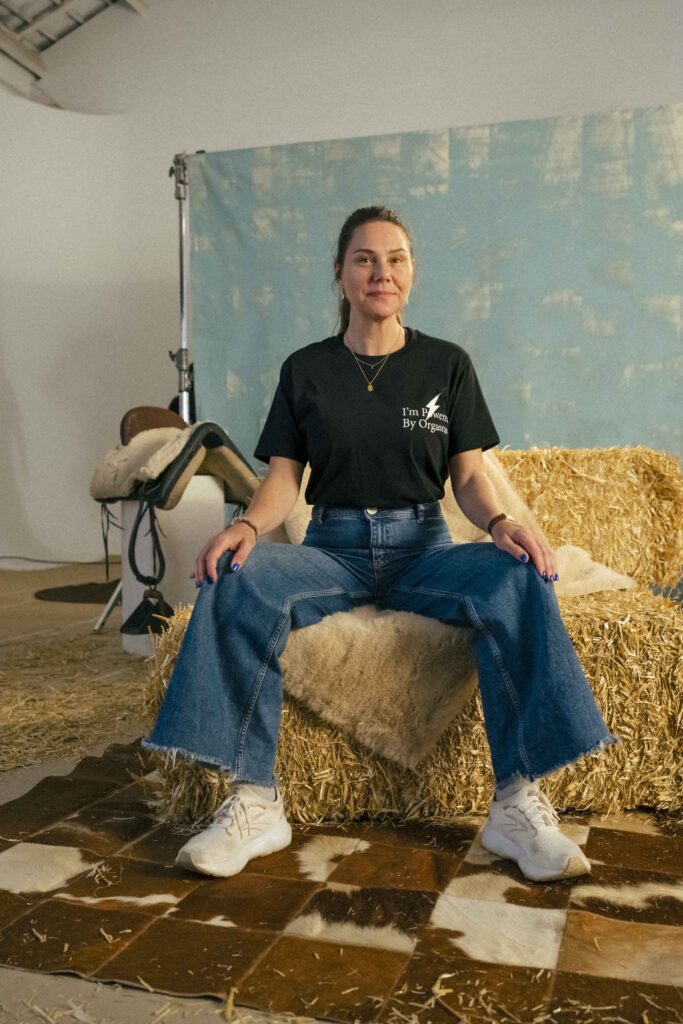
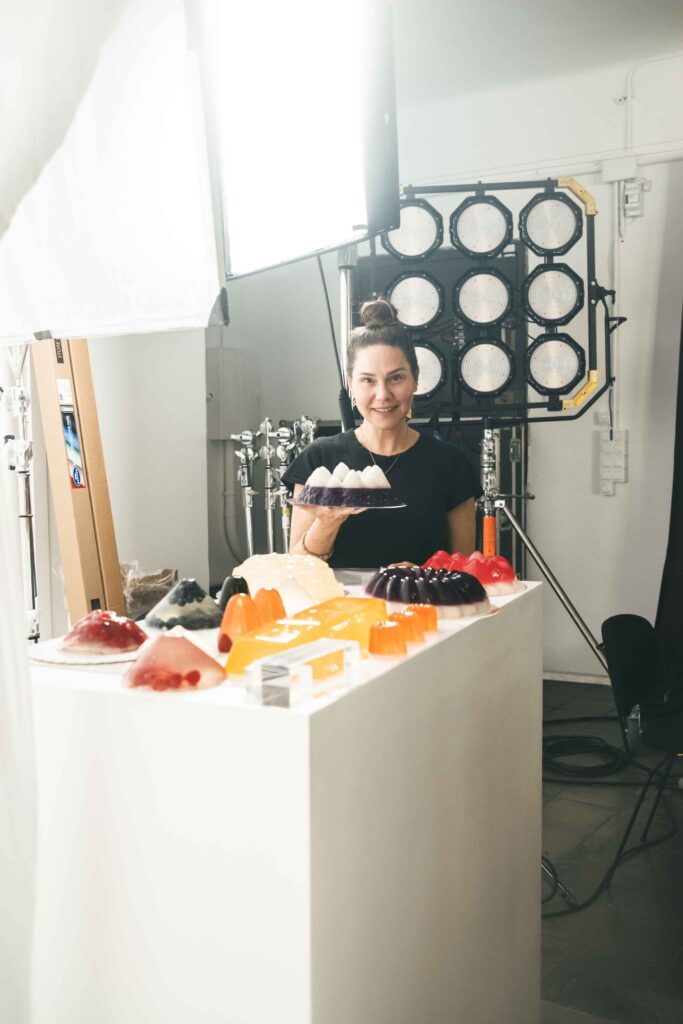
Some survivors I’ve spoken to engage with rape fantasies, and often deal with blowback for it. Outsiders believe you could never be turned on by something resembling an assault. What do you think of rape fantasies, the relationship between fantasy and reality? How can we explore fantasies in a healthy way?
Fantasies live in a private part of us where we test ideas, feelings, and taboos without ever needing to live them out in reality. They rarely match our values or real-world wishes—and that tension is exactly what gives them power.
Rape fantasies, for instance, often have more to do with exploring control, surrender, or reclaiming a sense of agency in a context that stays fully imagined and safe. For survivors, fantasy can even help process difficult experiences or rewrite an internal narrative on their own terms. We need to allow for nuance. What someone dreams up alone or with a trusted partner does not mean they want harm in life. That line deserves respect.
In ethical porn, when we choose to portray these kinds of fantasies, we handle them with absolute clarity: everyone consents beforehand, everyone stays in control, and everyone checks in afterward. Fantasy and reality follow different rules, but both need trust and consent to feel safe. If we want people to explore desire without fear or shame, we must speak openly about how to do that with care and responsibility.
There are a lot of forms of trauma therapy that help survivors engage with triggers. Do you think porn can be used as a tool for safe exploration of real-world trauma triggers? What should survivors keep in mind?
Porn can be part of a healing process but only if the person watching feels ready, safe, and fully in control. For some survivors, erotic content can feel overwhelming or triggering. For others, it can be a way to slowly reconnect with their body, to explore pleasure on their own terms, or to reimagine dynamics that once felt out of their control.
I would never suggest that porn is therapy, but I do believe it can be therapeutic, especially when it’s created with care, intention, and emotional nuance. Each person’s journey with pleasure and healing is unique, and that journey deserves respect.
What do you want the sexual conversation to look like in 20, 30 years? How do you think the role of sexual assault survivors in discussions of sex will shift? Do you think the role of queerness will change? What do you want your legacy to be?
I hope that in 20 or 30 years, conversations about sex won’t feel like something we need to justify or defend. I hope they’ll be open, honest, intersectional, and deeply rooted in consent, pleasure, and mutual respect. I hope survivors will not only be included in these conversations but recognized as essential voices, because their stories challenge the idea that sexuality is simple: It’s not and it’s complex, layered, and often carries both joy and pain. I also believe, and hope, queerness will no longer be framed as an “alternative”, and that diversity will be part of how we understand eroticism, pleasure, love..
As for legacy… if our work has helped open space for people to feel seen, respected, or curious in a new way, that’s more than enough!
I asked every survivor I spoke to for my book and articles one final question: What resources would be most helpful when dealing with sex after sexual assault (in your case, professionally)? The answers people gave shaped the direction of the conversation about sex after sexual assault, and yours will, too.
I think we need more spaces where survivors can access information that is not only trauma-informed, but also sex-positive and empowering.We need resources that treat survivors as complex people who deserve pleasure, agency, and joy, that includes access to inclusive sex education, ethical erotica, trauma-aware therapists, and communities that don’t shame or silence.
I also believe that in the adult film industry, we have to keep creating better protocols for safety and emotional support, and continue centering consent culture on set. Healing isn’t easy or linear, for every person it’s different, but it’s not impossible. Being surrounded by stories, images, and people that affirm your right to desire can be incredibly powerful and a step toward healing.
